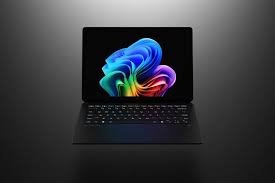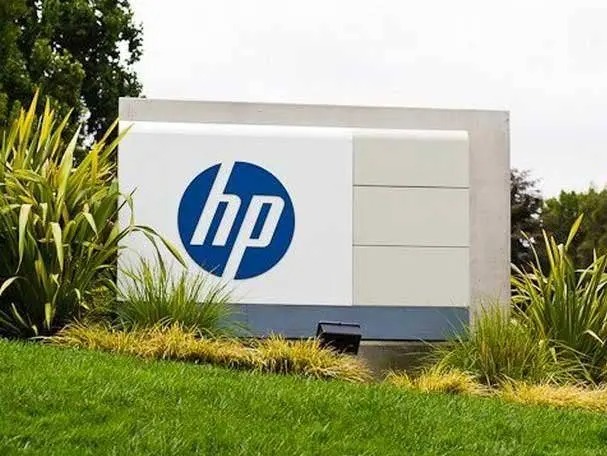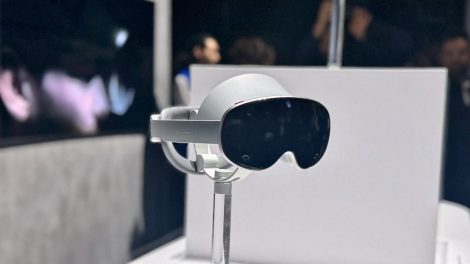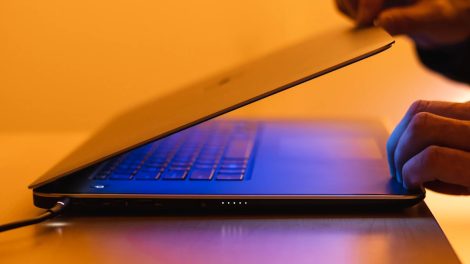At CES 2025, HP Inc. unveiled a new line of PCs integrated with cutting-edge artificial intelligence features, making waves in the technology sector and securing three prestigious Innovation Awards. This milestone underscores HP’s commitment to remaining at the forefront of computing innovation while setting new benchmarks for the industry. With AI playing an increasingly significant role in the way we interact with technology, HP’s announcements could represent a transformative shift in how personal computers are designed and utilized.

The annual Consumer Electronics Show (CES), known as the global stage for innovation, provided the perfect platform for HP to showcase its advancements. This year, the focus on artificial intelligence was unmistakable, with tech giants racing to integrate smarter and more intuitive systems into their offerings. HP’s AI-powered PCs have captured attention for their unique ability to enhance productivity, security, and user experience in ways that were previously unimaginable. These developments are not just a reflection of HP’s capabilities but also indicative of the direction in which the PC market is evolving.
Central to HP’s announcements was the introduction of AI features aimed at improving user interaction and system performance. The new PCs are equipped with intelligent optimization tools that learn and adapt to individual usage patterns, providing a more seamless and personalized experience. This means tasks such as managing workloads, adjusting system resources, and automating routine functions can now be handled more efficiently. AI integration also extends to features like adaptive screen brightness, noise-canceling microphones, and predictive battery management, all designed to cater to the needs of modern users.
One of the standout innovations in HP’s new lineup is the enhanced focus on cybersecurity. In an era where digital threats are becoming increasingly sophisticated, HP’s AI systems provide real-time threat detection and response capabilities. The integration of AI-powered security protocols ensures that sensitive data is protected against breaches while offering users a more robust shield against malware and phishing attempts. This focus on security highlights the growing demand for safer computing environments in both personal and professional settings.
Additionally, the new PCs come equipped with advanced collaboration tools, reflecting the ongoing shift toward hybrid work and remote communication. AI-enabled features like auto-framing webcams and real-time transcription services are designed to make virtual meetings more productive and engaging. These capabilities are particularly relevant in today’s workplace, where the demand for versatile and reliable tools continues to rise.
HP’s achievements at CES were further validated by the recognition it received in the form of three Innovation Awards. These accolades highlight the industry’s acknowledgment of HP’s efforts to push the boundaries of what PCs can achieve. The awards were given for specific innovations that showcase HP’s approach to combining technology with functionality. Each award-winning feature demonstrates a practical application of AI designed to simplify and enhance the user experience.
Below is a summary of the key features recognized by the Innovation Awards:
| Feature | Description | Award Category |
|---|---|---|
| AI Security Suite | Real-time threat detection and adaptive security measures | Cybersecurity Innovations |
| Adaptive Performance Tools | Intelligent resource allocation based on user behavior, optimizing system efficiency | Hardware Excellence |
| Collaboration Enhancements | Advanced video conferencing tools with AI auto-framing and transcription capabilities | Communication Technologies |
The integration of AI into personal computers also signals a broader shift within the industry. As consumer needs evolve, manufacturers are focusing on creating devices that are not only powerful but also intuitive and adaptive. This shift is largely driven by the increasing role of AI in everyday life, from smartphones to smart home devices. HP’s new PCs align with this trend, offering features that bridge the gap between high performance and user-friendly design.
While the introduction of these new PCs has generated excitement, it also raises questions about the accessibility of such technology. Historically, cutting-edge advancements often come with premium price tags, limiting their availability to certain segments of the market. HP’s pricing strategy for this new lineup will be a critical factor in determining how widely these innovations are adopted. Ensuring affordability while maintaining quality could position HP as a leader in democratizing AI-powered computing.
Beyond affordability, another critical aspect of HP’s strategy involves sustainability. With environmental concerns becoming a key consideration for both consumers and companies, HP has emphasized its commitment to eco-friendly practices. The new PCs are manufactured using recycled materials and energy-efficient components, reflecting HP’s pledge to reduce its carbon footprint. This approach not only aligns with global sustainability goals but also resonates with consumers who prioritize environmentally conscious choices.
The potential impact of these advancements extends far beyond individual users. For businesses, AI-powered PCs could revolutionize operations by streamlining workflows, enhancing productivity, and improving data security. Organizations across industries, from healthcare to finance, stand to benefit from adopting systems that are smarter and more adaptable. As companies increasingly rely on technology to remain competitive, tools like HP’s AI-enabled PCs could become indispensable.
Moreover, the introduction of these new PCs could influence the trajectory of the broader PC market. Competitors will likely be compelled to accelerate their own innovations in response to HP’s advancements, leading to a wave of AI-driven products. This competition has the potential to drive further improvements and make AI features a standard rather than a luxury in personal computing.
HP’s unveiling at CES 2025 serves as a reminder of the rapid pace of technological change and the need for adaptability. As artificial intelligence continues to redefine what’s possible, companies that embrace and integrate these technologies will shape the future of the industry. For HP, the launch of its AI-powered PCs represents not just an evolution of its product line but also a reaffirmation of its role as a leader in innovation.
As you reflect on these developments, it’s clear that AI’s integration into personal computing marks a turning point. The capabilities introduced by HP at CES are not merely incremental improvements but transformative changes that redefine the relationship between users and their devices. Whether for personal use or professional applications, these PCs exemplify the potential of combining cutting-edge technology with practical functionality.
In the months and years ahead, the true impact of these innovations will become more evident as users adopt and integrate them into their daily lives. For now, HP’s achievements at CES 2025 stand as a testament to the power of innovation and the exciting possibilities that lie ahead for the world of computing.










Add Comment